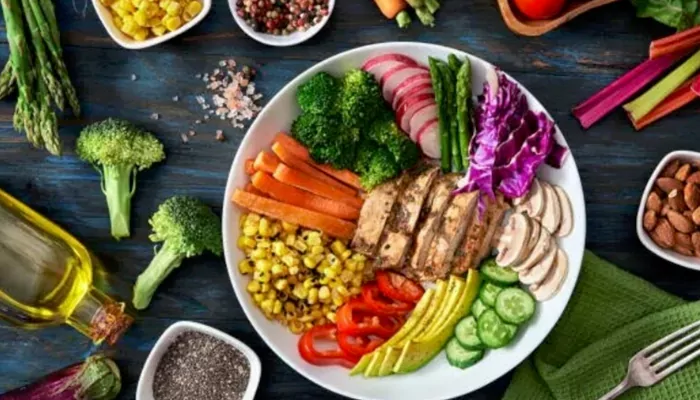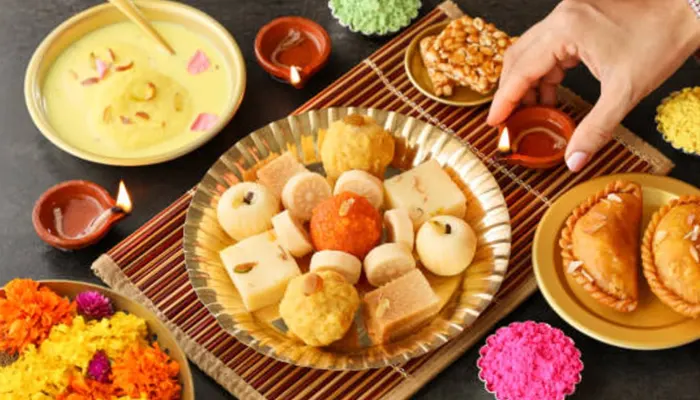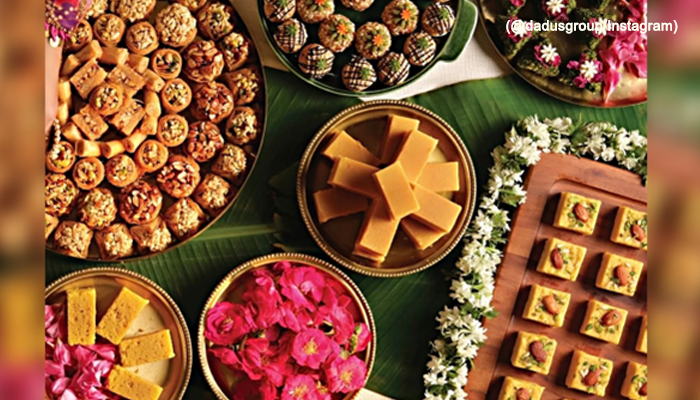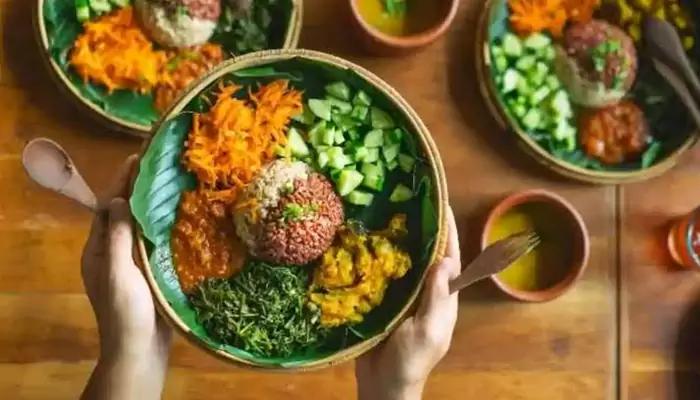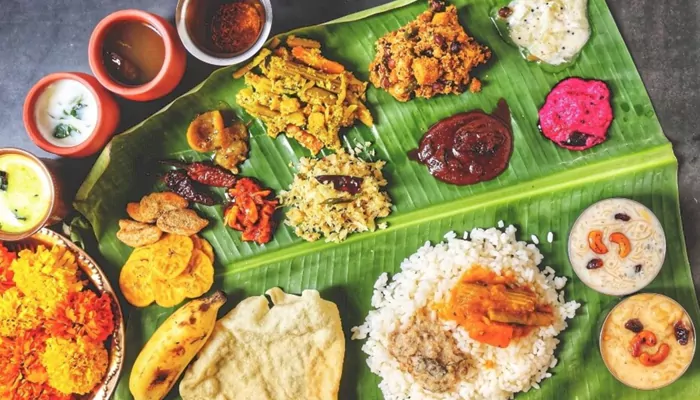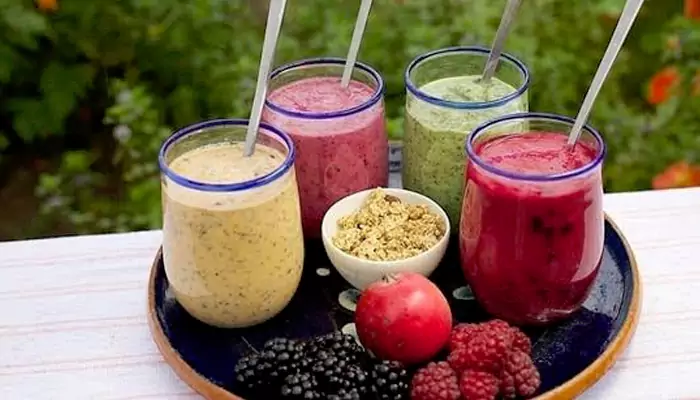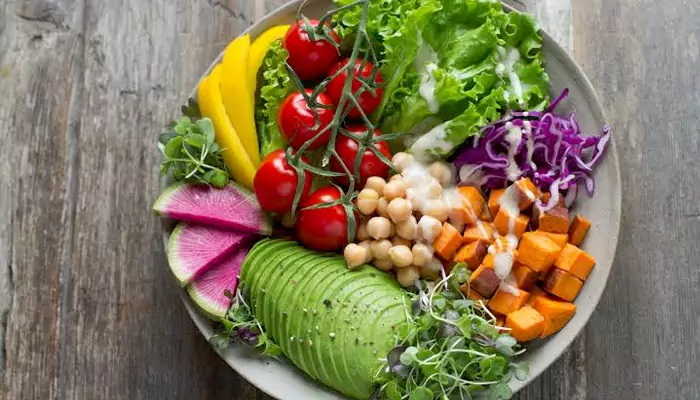Celebrating Diversity: The Impact of Nigerian Cuisine on Western Culinary Arts
- Gurpreet
- 1 year ago
- 4 minutes read

Nigerian cuisine is making a significant impact on Western culinary arts, driven by the passion of Nigerian chefs and the curiosity of diners.
Nigerian cuisine, known for its bold flavours, diverse ingredients, and rich cultural heritage, is increasingly making its mark on Western culinary arts. As the world becomes more interconnected, chefs and food enthusiasts in Western countries are embracing Nigerian food, incorporating its unique spices, techniques, and traditional dishes into their kitchens. This article investigates the growing influence of Nigerian cuisine in the West, highlighting collaborations between Nigerian chefs and local restaurants, as well as the integration of Nigerian culinary practices into Western cooking.
The Rise of Nigerian Cuisine in the West
The rise of Nigerian cuisine in Western countries can be attributed to several factors, including the increasing popularity of African food, the curiosity of diners, and the efforts of Nigerian chefs who are passionate about sharing their culinary traditions. Nigerian restaurants in cities like London, New York, and Toronto are attracting a diverse clientele, eager to explore the bold flavours and unique dishes that Nigeria has to offer.
Collaborations and Culinary Innovations
Nigerian Chefs in Western Restaurants
A number of Nigerian chefs are making significant contributions to Western kitchens by bringing their culinary expertise to renowned restaurants. These chefs often create special menus or host pop-up events that showcase traditional Nigerian dishes alongside contemporary Western fare. For instance, a Nigerian chef may collaborate with a local bistro to create a menu that features dishes like egusi soup or jollof rice, skillfully blending Nigerian flavours with Western culinary techniques.
Food Festivals and Cultural Events
Food festivals celebrating diversity often feature Nigerian cuisine, allowing chefs to showcase their dishes to a broader audience. These events create opportunities for cultural exchange, where attendees can learn about the ingredients and cooking methods that define Nigerian food. Such platforms not only promote Nigerian cuisine but also encourage collaborations among chefs from different backgrounds.
Integration of Nigerian Ingredients and Techniques
Nigerian Spices in Western Cooking
The incorporation of Nigerian spices, such as suya spice, crayfish, and pepper sauce, is becoming increasingly common in Western kitchens. Chefs are experimenting with these ingredients to enhance familiar dishes, creating unique flavour profiles that resonate with adventurous diners. For example, suya seasoning may be used to marinate grilled meats or incorporated into barbecue sauces, adding a spicy kick to traditional Western recipes.
Nigerian Cooking Techniques
Techniques such as frying, grilling, and fermenting, which are integral to Nigerian cuisine, are finding their way into Western cooking. For instance, the traditional method of preparing fufu (a starchy staple) is being adapted in Western kitchens to create gluten-free alternatives like plantain fufu or cassava fufu, appealing to health-conscious consumers. Additionally, the art of slow-cooking stews, common in Nigerian households, is being embraced by Western chefs seeking to create rich and flavorful dishes.
The Cultural Impact
The integration of Nigerian cuisine into Western culinary arts fosters cultural appreciation and understanding. As more people become exposed to Nigerian flavours and traditions, stereotypes about African food are being challenged, leading to a greater recognition of its richness and diversity. This cultural exchange not only enriches the culinary landscape but also promotes inclusivity and celebrates the importance of diverse culinary heritages.
Through collaborations, food festivals, and the integration of spices and techniques, the bold flavours of Nigeria are being celebrated in Western kitchens. This culinary fusion not only enhances dining experiences but also promotes cultural exchange, highlighting the beauty of diversity in food. As Nigerian cuisine continues to gain popularity, it paves the way for a future where culinary traditions from around the world can coexist and inspire one another, enriching the global food scene.

